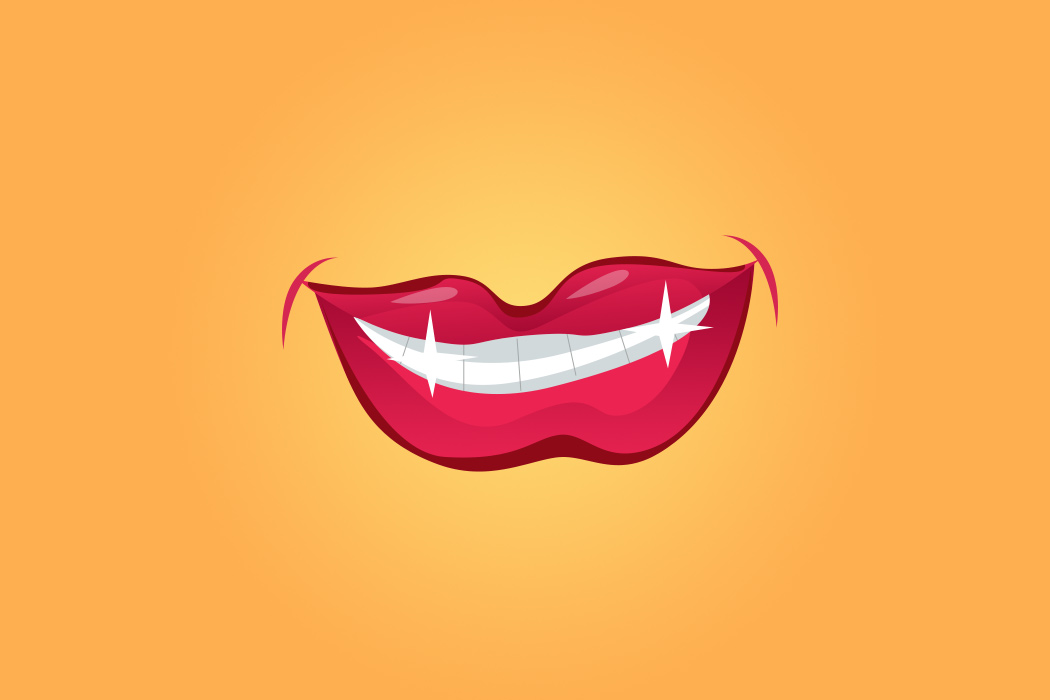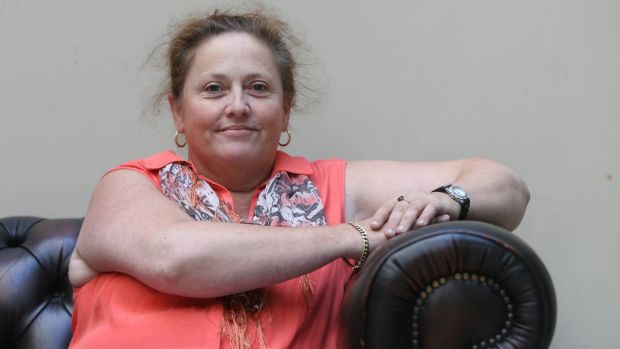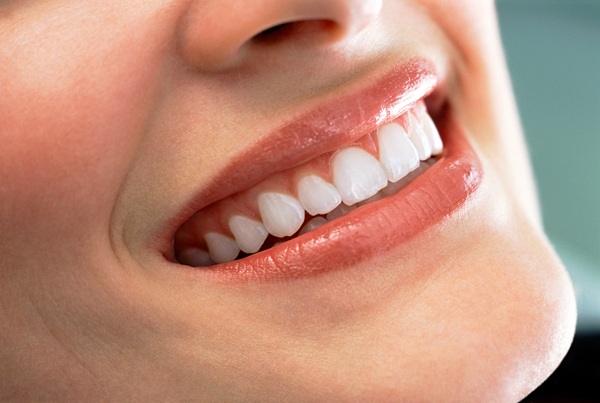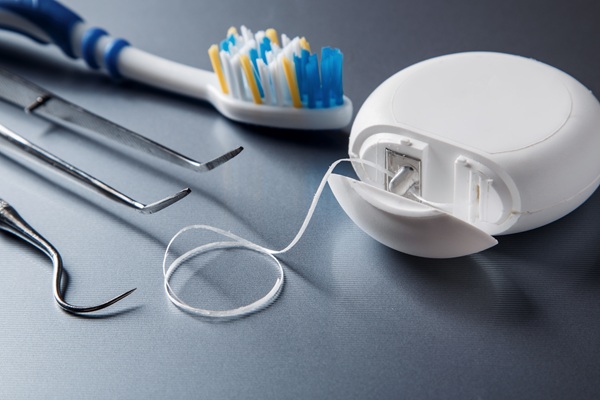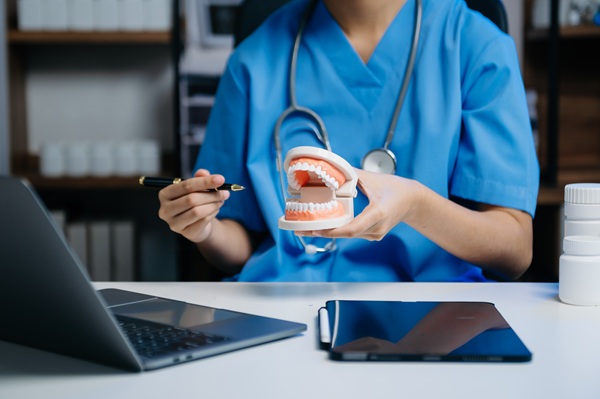Danielle Valia “hates to smile” because her teeth tell the tale of a hard life, including drug addiction and the subsequent treatment, methadone.
“[Methadone] does bad things to your teeth,” said Ms Valia, 29, of Sydney’s northwest, a former prisoner who has been clean for several years.
Now she is receiving a “dental rescue” from NSW’s 2016 volunteer of the year, dentist David Digges.
On Friday afternoon the Bellevue Hill-based dentist was named volunteer of the year by the Centre for Volunteering NSW for his work establishing the National Dental Foundation. Started 10 years ago, it is now a national network of 100 dentists who donate a day or two a year to provide free care to those who can’t access or afford timely care. In the 2015-2016 financial year dentists donated “260 Dental Rescue days”, providing treatment worth $600,000.
Dr Digges is often called the “Fred Hollows of dentistry” for his work transforming the smiles of former prisoners, drug addicts and others who can’t afford or get dental care.
But the otherwise modest dentist, with the million dollar Hollywood smile, joked that he has “better teeth” than the late Fred Hollows, the eye specialist whose non-profit stopped thousands of people in Asia and Africa from going blind.
Gemma Rygate, CEO of Volunteering, NSW, said Dr Digges was selected Volunteer of the Year because of the profound difference a presentable set of teeth can make to the lives of those who cannot afford regular dental care.
“The gift of a smile is truly one of the most dignifying and uplifting acts anyone can bestow,” Ms Rygate said. “Damaged teeth can significantly impact on the way society treats you.”
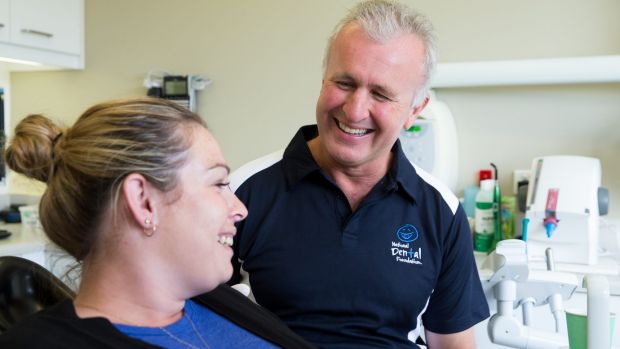
In 2005 Dr Digges began volunteering for two weeks every year, providing emergency dental care to people in mountainous parts of Timor L’este where there are no qualified dentists outside the capital.
It was hot, it was hard. The dentists stayed in huts with concrete floors and washed in a bucket. The small groups, often including Dr Digges’ wife and children, provided dental emergency care to 100 people a day from a mobile unit in the back of an army convoy. Sometimes they’d spot other problems, an oral cancer or a boy with a cough, that left untreated could have killed.
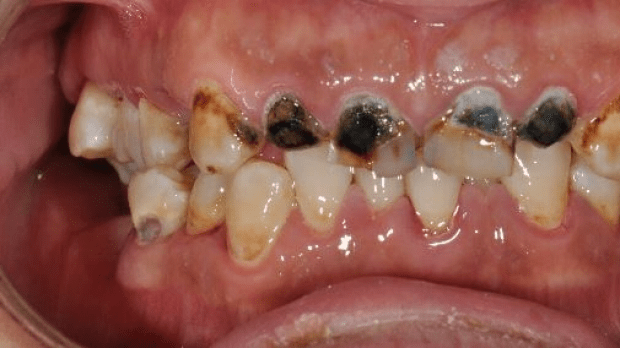
Dr Digges remembers flying home from his first visit to Timor and asking himself what dental services were available to those in need in Australia.
“Sometimes in the world you are only a
few steps off the right track and it takes
you down the wrong way.”
Dr David Digges, NSW volunteer of the year, 2016
“You get quite exhausted, it is hard yakka, you work long hours, and I remember wondering if I could do this again. And flying back, and daydreaming out the window over the red earth of Australia I remember thinking what were all the problems with dental in Australia. I could see it in Timor.”
When he started talking to his staff and people working at organisations who deal with the homeless, or victims of domestic abuse, he started to realise how many people fell in the cracks.
Dr Digges started opening his surgery for a day or two a year to provide free care. From there, it expanded. He joined up with a philanthropist, Mervin Saultry, in Melbourne to form the National Dental Foundation. It now includes 100 dentists across Australia.
For a day or two a year, or whenever they can, these dentists provide free dental care in their practices to prisoners, abused women, drug addicts and alcoholics and others who need help.
Dr Digges said he used to consider himself “only a dental biological engineer”. But now he realises that dentists have the power to make a real difference to a person’s life.
Pointing at a “before” photo of one of his female pro bono patient’s rotten teeth, he said restoring the teeth of this former addict and victim of domestic violence had been part of her transformation.
“In a few weeks, you can go from a person with dental deterioration to a smiling person who someone will give a job to …” he said.
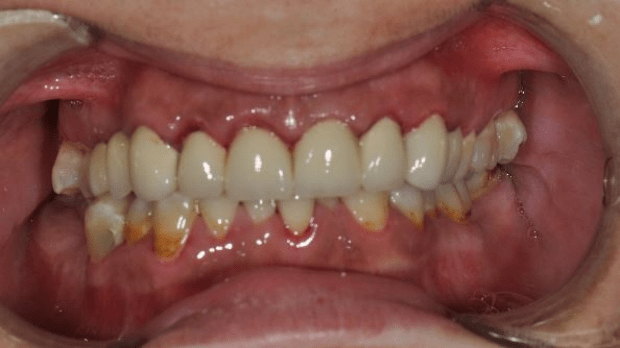
“Sometimes in the world you are only a few steps off the right track and it takes you down the wrong way. But if people help in the recovery, refer them to us [through charities], we can look at them and think ‘you have gone the wrong’ way but we can help them come back.”
For Ms Valia, the treatment is part of her recovery after nearly 15 years of heartache. It began when she ran away from home at 14 years of age after her stepfather abused her. In her early 20s she ended up prison for seven months for shoplifting and other offences to support herself and her drug habit.
Now caring for her two children, she said her teeth – particularly an overbite – had always been a cause of embarrassment. Dr Digges is going to whiten her teeth, remove wisdom teeth, fill some holes, and do other work over the next few months to give her more confidence, she said.
“[Dr Digges] is a great guy, it so good what he is doing to help the community,” she said. Ms Valia believes the dentistry will give her the confidence to find a job, the next stage of her rehabilitation.
The Women In Prison Advocacy Network (WIPAN), run by Kat Armstrong, was named volunteer organisation of the year for its work providing mentors to recently released female prisoners.
WIPAN organised Ms Valia’s treatment last week with National Dental Foundation. The Foundation does not deal directly with the public, but liaises with non profits to provide treatment to people who can’t access or afford private or public dental care.
